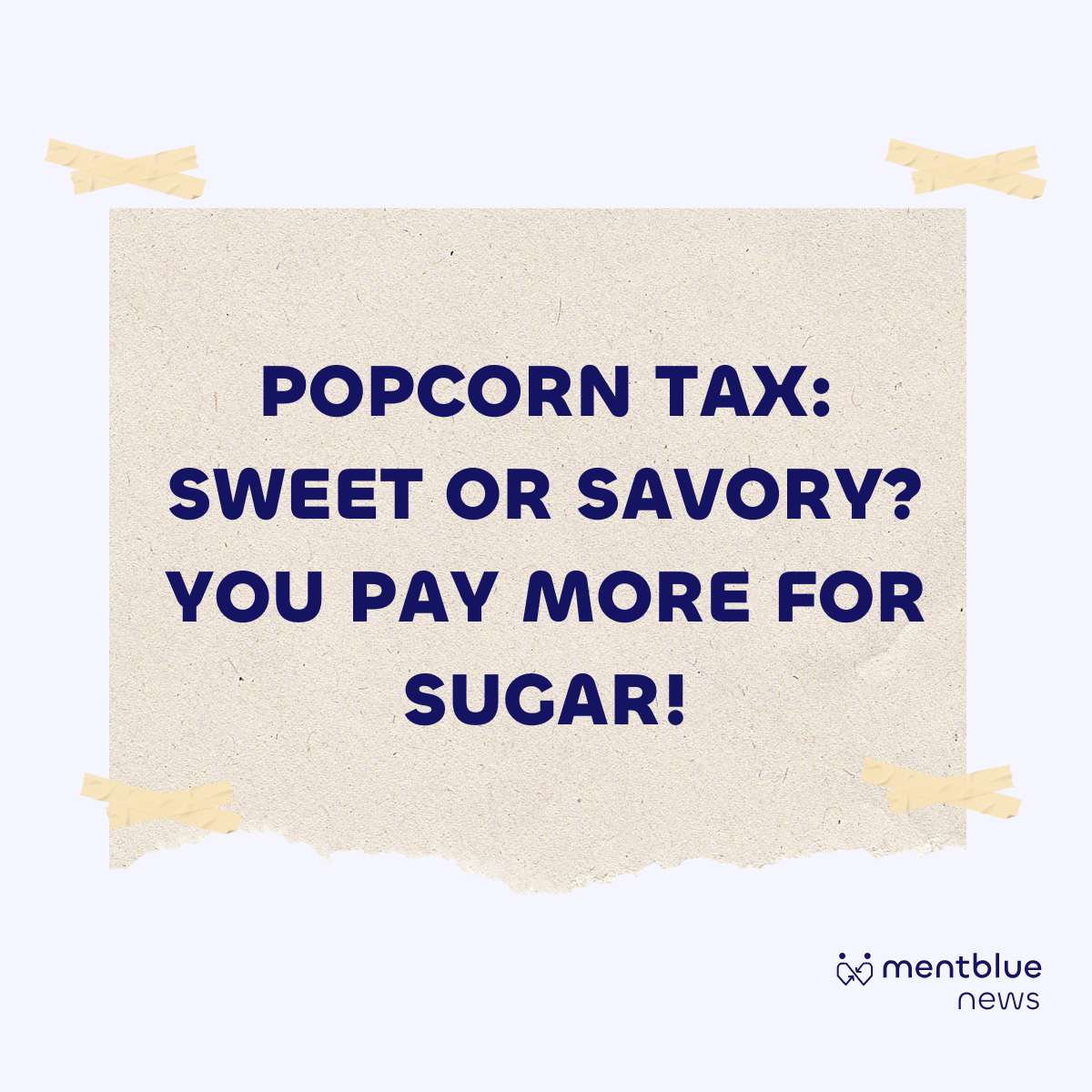
In a quirky twist to India's GST framework, the government has introduced different tax rates for popcorn based on its flavoring. At the recent GST Council meeting, Finance Minister Nirmala Sitharaman explained the rationale behind this unusual decision:
𝗦𝗮𝗹𝘁𝗲𝗱 𝗣𝗼𝗽𝗰𝗼𝗿𝗻: If you enjoy your popcorn plain and salty, it’s taxed at a mere 𝟱% when sold loose.
𝗣𝗿𝗲-𝗽𝗮𝗰𝗸𝗮𝗴𝗲𝗱 𝗦𝗮𝗹𝘁𝗲𝗱 𝗣𝗼𝗽𝗰𝗼𝗿𝗻: For those opting for convenience with pre-packaged salted popcorn, the tax jumps to 𝟭𝟮%.
𝗖𝗮𝗿𝗮𝗺𝗲𝗹 𝗣𝗼𝗽𝗰𝗼𝗿𝗻: The sweet treat, classified as sugar confectionery due to its sugar coating, faces the highest tax rate of 𝟭𝟴%.
The differentiation stems from the idea that adding sugar transforms popcorn into a confectionary item, thus attracting a higher tax rate. So, next time you're at the movies, remember: your choice of popcorn could cost you more than just a snack!
And check out each of mentblue offerings here:

The Supreme Court’s May 13, 2025 judgment has fundamentally revised the process for designating Senior Advocates, moving away from a rigid points-based system and placing greater value on holistic qualities central to the legal profession.

In a highly unusual development, the Supreme Court has ordered liquidation of Bhushan Power and Steel Ltd. even after the resolution plan was approved, the amount paid, and implementation had commenced-an extraordinary outcome almost never witnessed under India’s insolvency regime. The Court’s decision to set aside JSW Steel’s resolution plan underscores that gross violations of the Insolvency and Bankruptcy Code cannot be cured by mere payment or partial ...

Let’s consider a startup working on prototypes that are both aesthetically crafted and functionally driven, with innovators eager to protect their creations. While copyright is often the go-to protection for creative works, a dilemma arises under Section 15(2) of the Copyright Act. This provision withdraws copyright from certain works once they are commercially reproduced, unless protected under the Designs Act. In Cryogas v. Inox, the Supreme Court attem...